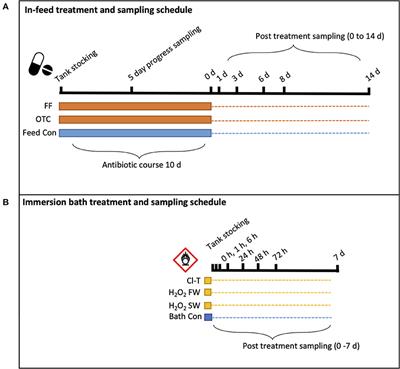EDITORIAL
Published on 08 Sep 2022
Editorial: Biology meets technology: Aquatic animals in novel and new aquaculture production systems
doi 10.3389/fanim.2022.1021226
- 901 views
4,047
Total downloads
23k
Total views and downloads
EDITORIAL
Published on 08 Sep 2022
BRIEF RESEARCH REPORT
Published on 11 Jul 2022
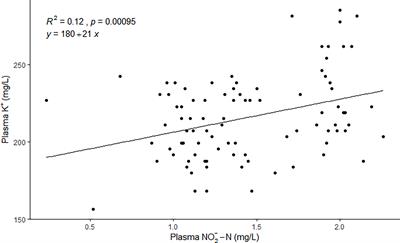
ORIGINAL RESEARCH
Published on 27 Jun 2022
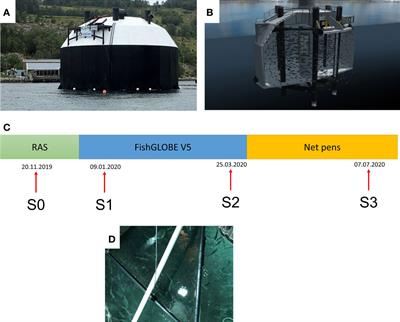
ORIGINAL RESEARCH
Published on 13 May 2022
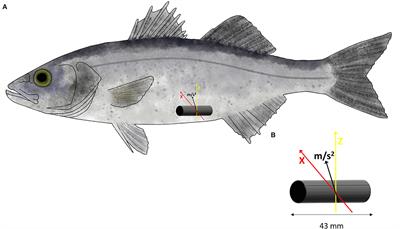
ORIGINAL RESEARCH
Published on 26 Apr 2022
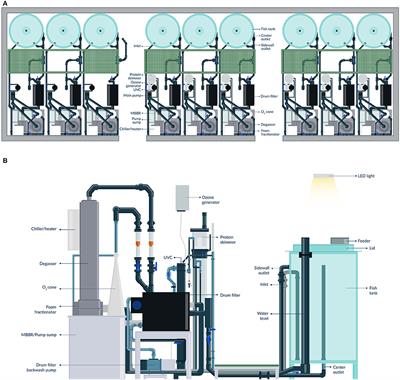
ORIGINAL RESEARCH
Published on 22 Nov 2021
